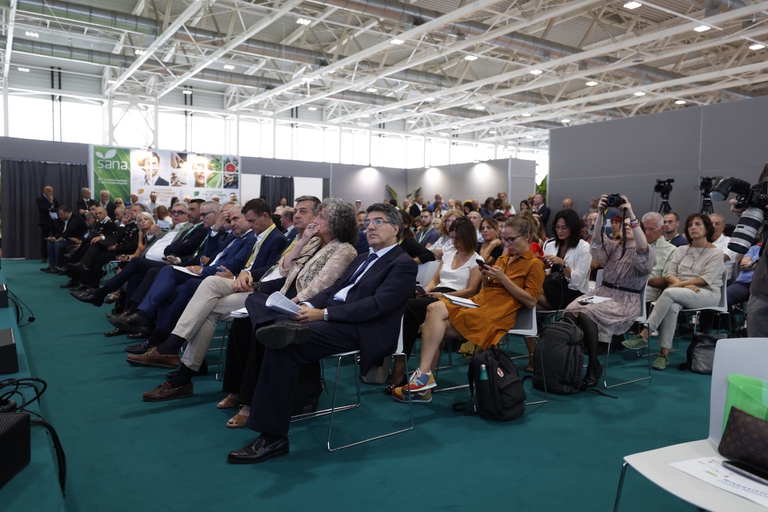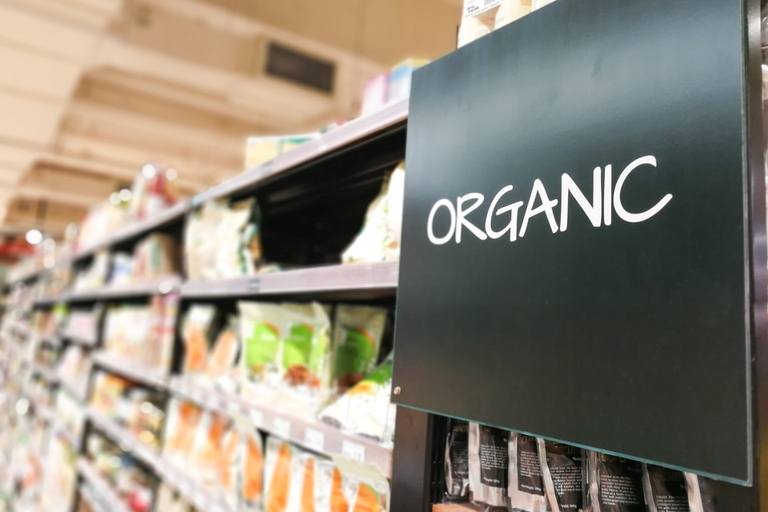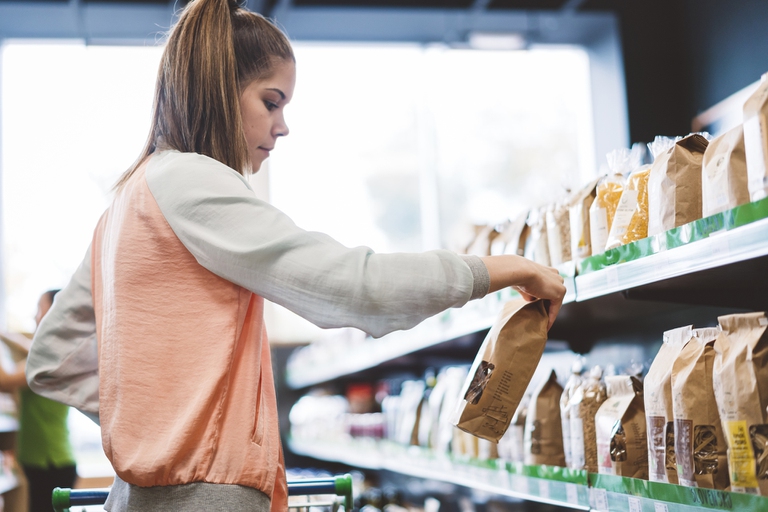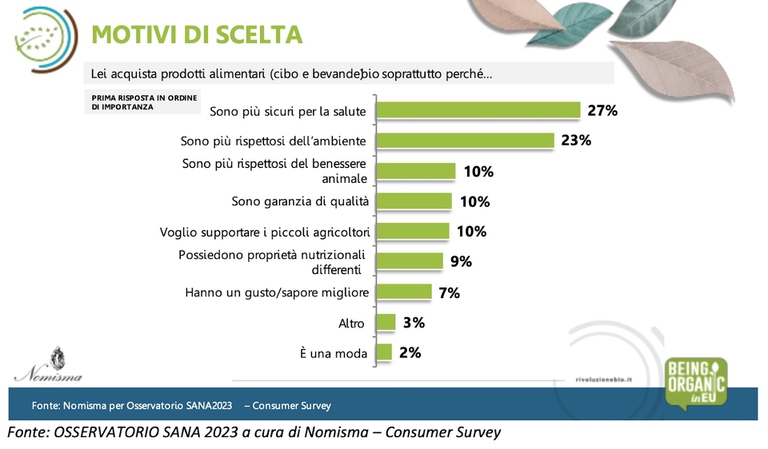https://www.lifegate.it/dati-biologico-italiano-sana-2023
- |
- In 2023 (data for the year ending July 2023) the organic market in Italy showed further growth, both in internal consumption and in exports.
- Those who buy organic do so for health, to safeguard the environments and animals and to support small producers.
- In general, consumers are asking for more information on how and why to buy organic.
The Italian organic continues to grow in terms of agricultural areas, operators and exports.The data tells it Nomisma collected until July 2023 and presented last September on the occasion of Organic Revolution 2023, the General States of the organic, organized by Federbio And Assobio al Sana di BolognaFiere.

Organic in Italy:surface and operators
In detail, Italy, with beyond 2.3 million hectares has the highest percentage of organic surfaces on the total (19 percent against a European average of 12 percent) and is close to the target of 25 percent of surfaces invested in organic farming by 2030, envisaged by the Strategy Farm to Fork within the European Green Deal.Italy has 3.5 percent of the world's biological surface and 12.3 percent of Europe's biological surface.I am 92,799 organic operators, +7.7 percent compared to 2021.
The internal organic market is worth 5 billion euros
In 2022, organic food sales in internal market they surpassed the 5 billion euros and represent 4 percent of global organic retail sales.Driving the growth of the market again this year are the consumption outside the home which are close to 1.3 billion euros, marking a growth of +18 percent compared to 2022.The recovery of the domestic consumption which, after the slight decline last year (-0.8 percent in value compared to 2021), recorded a change of +7 percent (data for the year ending July 2023).

The organic export market is still growing
The performance of theexport of organic Italian agri-food products that reaches i 3.6 billion euros in 2023, marking a growth of +8% (year ending July) compared to the previous year. The majority of organic exports (81 percent of the total) concern i agri-food products, worth 2.9 billion euros in 2023.The wine it accounts for the remaining 19 percent of organic exports for 626 million euros in sales (+8 percent on 2022).
Who buys organic and why
THE'89 percent of the Italian population between 18 and 65 years old has knowingly purchased at least one organic food product in the last year.Those who buy organic choose mainly based onItalian origin, at thelocal origin, in the presence of the brand dop/igp and to brand.Italians buy organic products because they believe they are safer for your health compared to a conventional product (27 percent), but also because they are more environmentally friendly (23 percent) and of animal welfare (10 percent) and to support the small producers (10 percent).
78 percent of consumers believe that the situation regarding the climate crisis is critical and evaluates the sustainability of a product based on its Italian or local origin (51 percent of consumers), packaging (50 percent), certifications such as organic and fair trade (26 percent) and generically green words on the label (25 percent).
Biological:consumers are demanding more information
Regarding this last point, i40 percent of consumers are confused by the presence of many green claim present on the packaging which do not allow us to understand whether a food product is actually sustainable.Hence the need for the sector to strengthen consumers emerges knowledge and awareness of organic values and on the guarantees underlying the certification, as well as consolidating the distinctive positioning of organic as an agricultural model capable of strengthening the ecological transition and counter the climate changes.

Ben 9 out of 10 Italian consumers they do not have sufficient information or would like to know more about the innovations and technologies used in organic farming, the controls to which organic products are subjected and the contribution of the organic method to sustainability.In particular, 55 percent ask for further details on distinctiveness of organic compared to conventional, 54 percent want to know more about benefits brought by organic to diet and health and the same percentage searches for more information on traceability of organic products.

